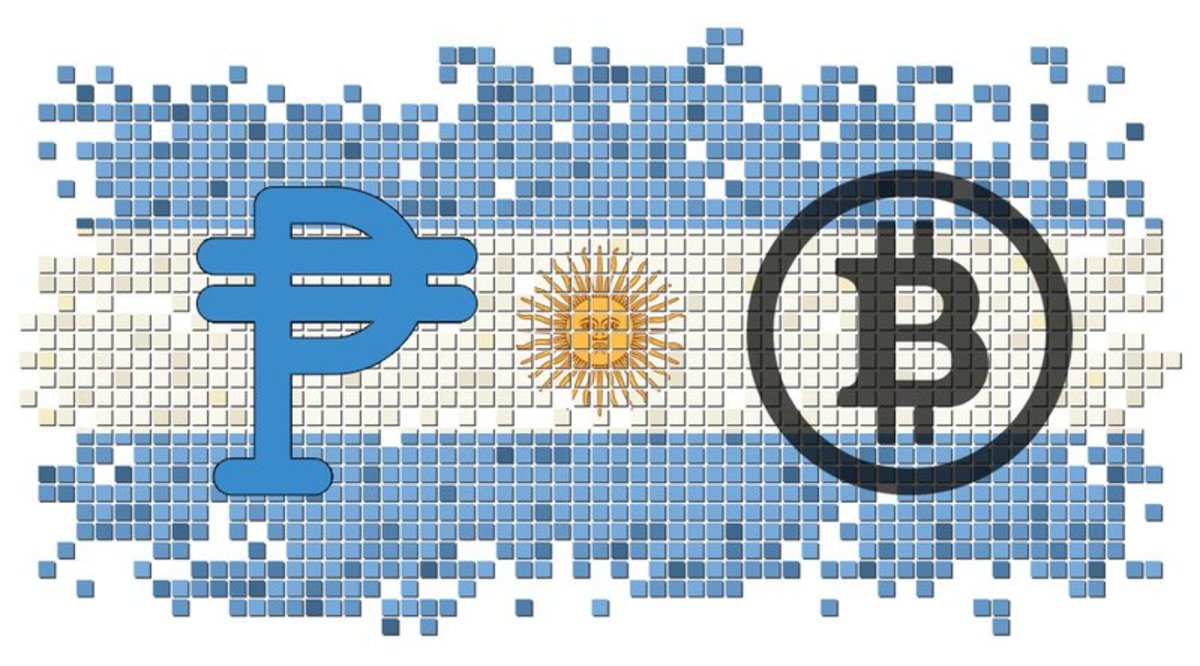
Banco Masventas in Argentina announced via its Facebook page that it is introducing a new program that will allow customers to make cross-border payments using bitcoin. The institution has partnered with the Latin America–focused exchange startup Bitex — founded in 2014 — to potentially compete with SWIFT, a global, bank-owned messaging network.
SWIFT, which stands for the Society for Worldwide Interbank Financial Telecommunication, is built to handle and process international bank payments. Unfortunately, the project has been suffering from security issues since it first entered the monetary arena.
Banco Masventas is now the first financial establishment to base its cross-border payment system on the Bitcoin network. The website states that the service is set to enable international transfers to as many as 50 countries and that payments can be processed in 24 hours or less. Translated from their website, the service “allows you to reduce costs associated with international transfers, as there are no international banks [serving] as intermediaries.” The move was reportedly inspired by the bank’s goal to enhance its digital services and lower transaction costs.
One of the establishment’s principal shareholders, José Dakak, stated that the bank is also looking to grow its list of international customers. “One of the actions was to contract Bitex as a strategic partner in the implementation of the Bitex platform for payments and collections operations for our clients abroad,” he explained.
Dakak then added, “The customers will ask the bank to do an international payment, and the bank uses Bitex as a provider. For the customer, it’s transparent, they don’t touch, they don’t see the bitcoin. We are a provider for them, and they are not touching bitcoin.”
Aside from accelerating transaction times, Bitex — according to its website — will provide heightened security for customers by enforcing “strictest compliance rules,” including know-your-client (KYC) measures. The company has also contracted one of the “Big Four” accounting and audit firms, Deloitte, to review and report on specific procedures, operations and balance funds.
Argentina’s blockchain and cryptocurrency ambitions have witnessed regular growth over the past several months, and the Argentinian government has been relatively welcoming to the technology. Earlier this year, for example, new legislation paved the way for approximately 4,000 bitcoin ATMs, which are now being installed throughout the country. In April, Argentina became one of the first countries to declare an official “Bitcoin Day.”










